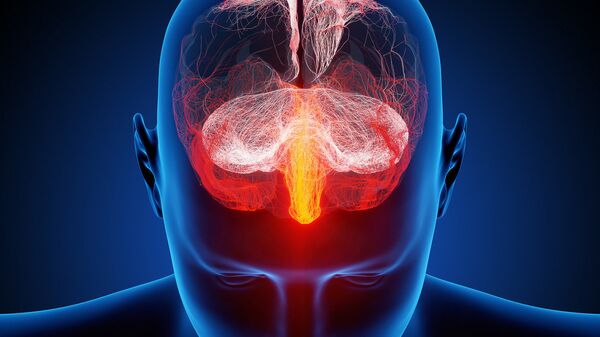TOKYO (Sputnik) – A group of scientists in Japan have developed a new time-saving technology that allows to diagnose cancer in early stages using just one drop of blood.
"The technology tests for the presence of a malign tumour using just one drop of blood and allows to identify stomach, colon and pancreatic cancer in early stages in just three minutes. This technology does not exist anywhere else in the world," Katsuyuki Hasegawa, a researcher at the Mytech company told RIA Novosti.
"This is an absolutely new world achievement. This method is simple and it can be used at any hospital even starting from tomorrow," Hasegawa said.
According to the researcher, scientists still need to come up with a database of images that correspond to different types of cancer, so that doctors using the new technology can quickly tell exactly what kind of malign tumour a patient has.
Clinical trials of the new technology are expected to start in one year.



